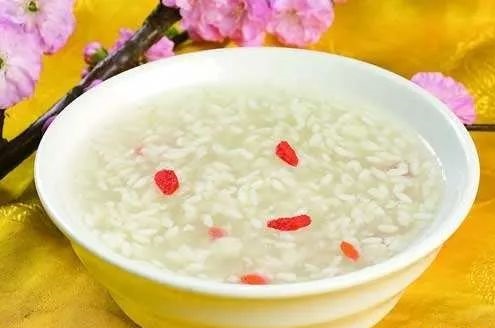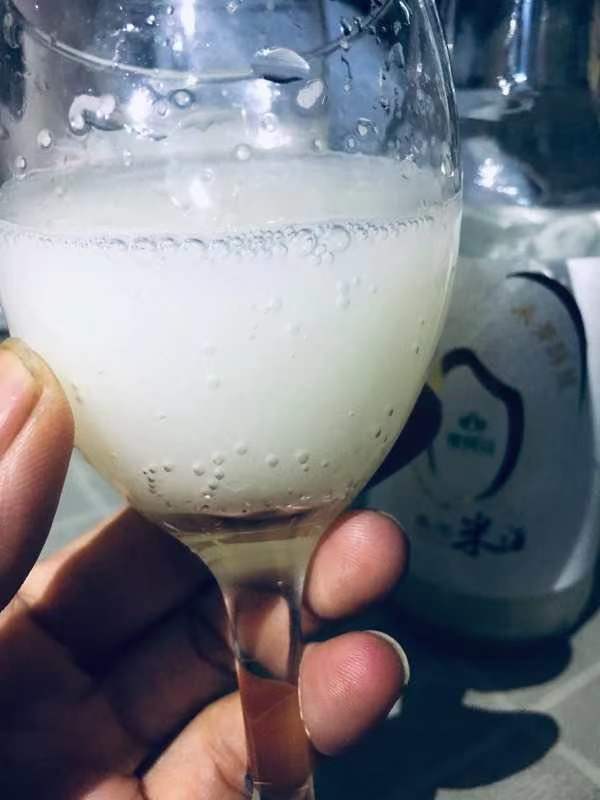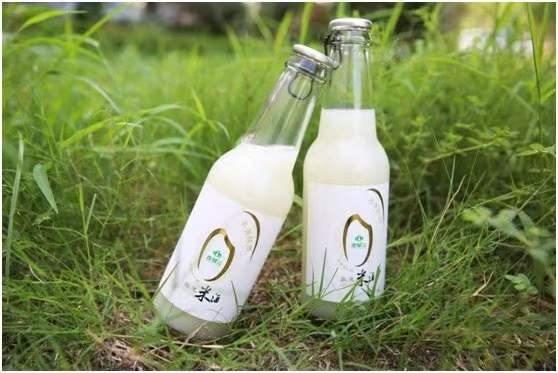The Benefits and Effects of Rice Wine
The Benefits and Effects of Rice Wine
Rice wine is a common beverage in daily life, primarily made through the fermentation of glutinous rice with simple ingredients: glutinous rice, water, and yeast. The fermentation process preserves the nutritional value of the rice, and drinking a moderate amount can increase essential nutrients in the body, support health, and promote blood circulation. It is also known for its effects in nourishing the skin, improving complexion, and helping restore vitality.

In summary, rice wine has several beneficial effects: nourishing and moisturizing the lungs, promoting lactation, supporting kidney health, aiding digestion, enhancing skin health, and providing energy.
Here's a closer look at each benefit:
Nourishes and Moisturizes the Lungs
Rice wine enters the lung meridian and has lung-nourishing properties. It can help treat symptoms of lung deficiency and coldness, which also positively impacts skin health.Promotes Lactation
Rice wine enters the liver meridian and not only promotes blood circulation and reduces swelling but also aids in lactation, helping to stimulate milk production, especially beneficial for women with low milk supply postpartum.Supports Kidney Health
By entering the kidney meridian, rice wine can nourish and support kidney function, providing auxiliary benefits for issues such as fatigue, diarrhea, premature ejaculation, and lower back or knee weakness.Aids Digestion
With its sweet taste and rich aroma, rice wine can effectively stimulate digestive gland secretion, enhancing appetite and alleviating symptoms of poor appetite, thereby improving digestion and absorption. Additionally, cooking rice wine with meat can make the meat tender, making it suitable for people with weaker digestion, such as the elderly and children.Enhances Skin Health and Blood Production
Rice wine promotes blood circulation, increases blood renewal, and boosts the body’s metabolic function, supporting new cell regeneration. It has skin-nourishing and blood-enriching effects, helping to make the skin look healthier and improving dullness when consumed in moderation.Provides Energy
Although its nutritional profile is similar to that of yellow wine, rice wine contains less than 1% alcohol but provides several times the calories of other alcoholic beverages. This makes it a good energy source, especially for those on a diet. When feeling tempted to snack but needing to limit intake, rice wine can help maintain a balanced calorie intake.

Rice wine is known for its sweet and mellow taste, and its nutrients are readily absorbed by the body. It can stimulate digestive secretions, improve appetite, and aid in digestion, making it suitable for middle-aged and elderly people, pregnant women, and those with weakened constitutions who need to replenish energy and blood.
There's no strict restriction on when to drink rice wine, but it is especially beneficial in autumn and winter. During colder weather, warmed rice wine can help ward off cold, relieve thirst, enhance blood circulation, and moisturize the skin. Adding ingredients like raw egg, goji berries, or honey to warmed rice wine further boosts its nutritional value, making it a valuable tonic for health and vitality.
